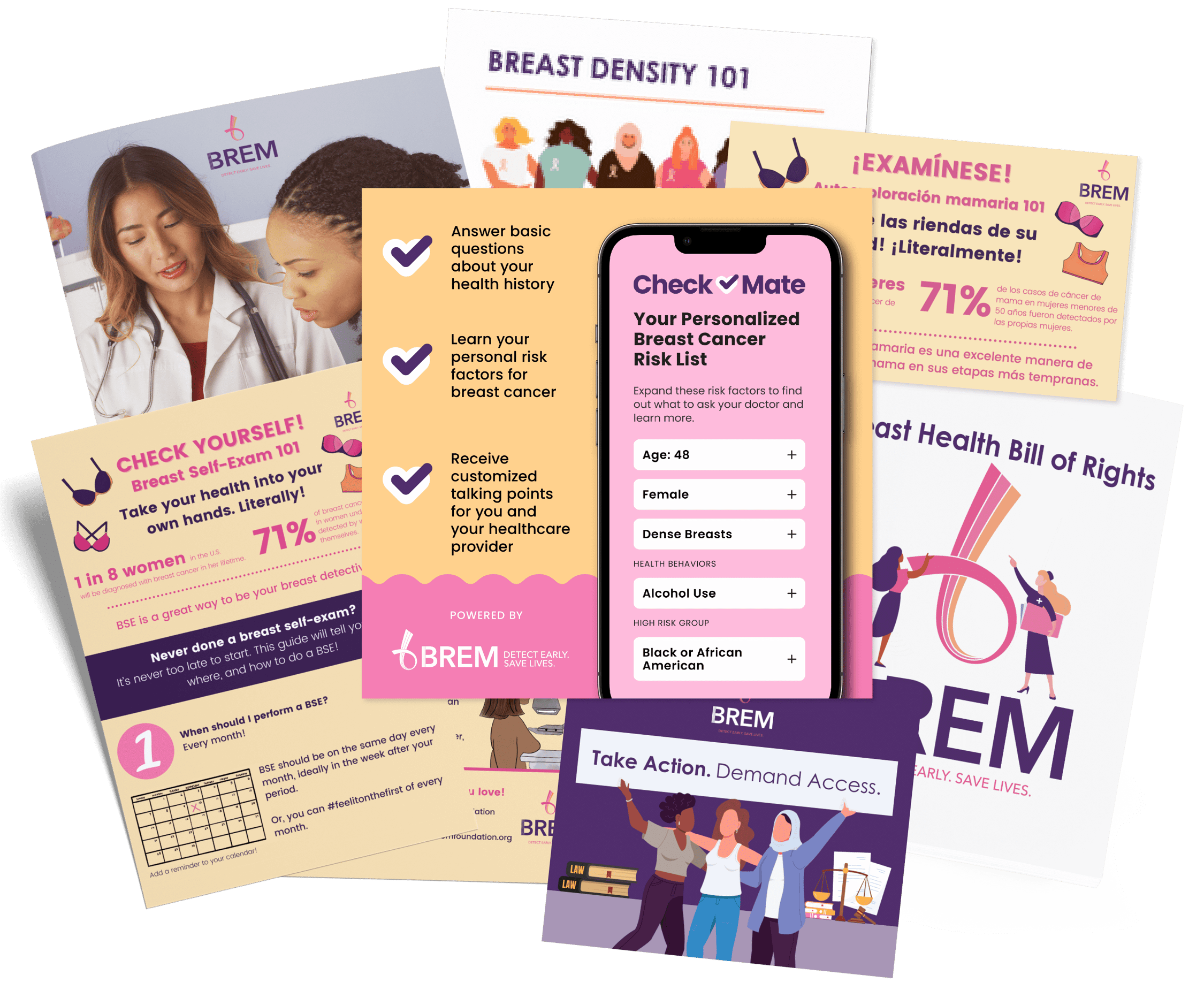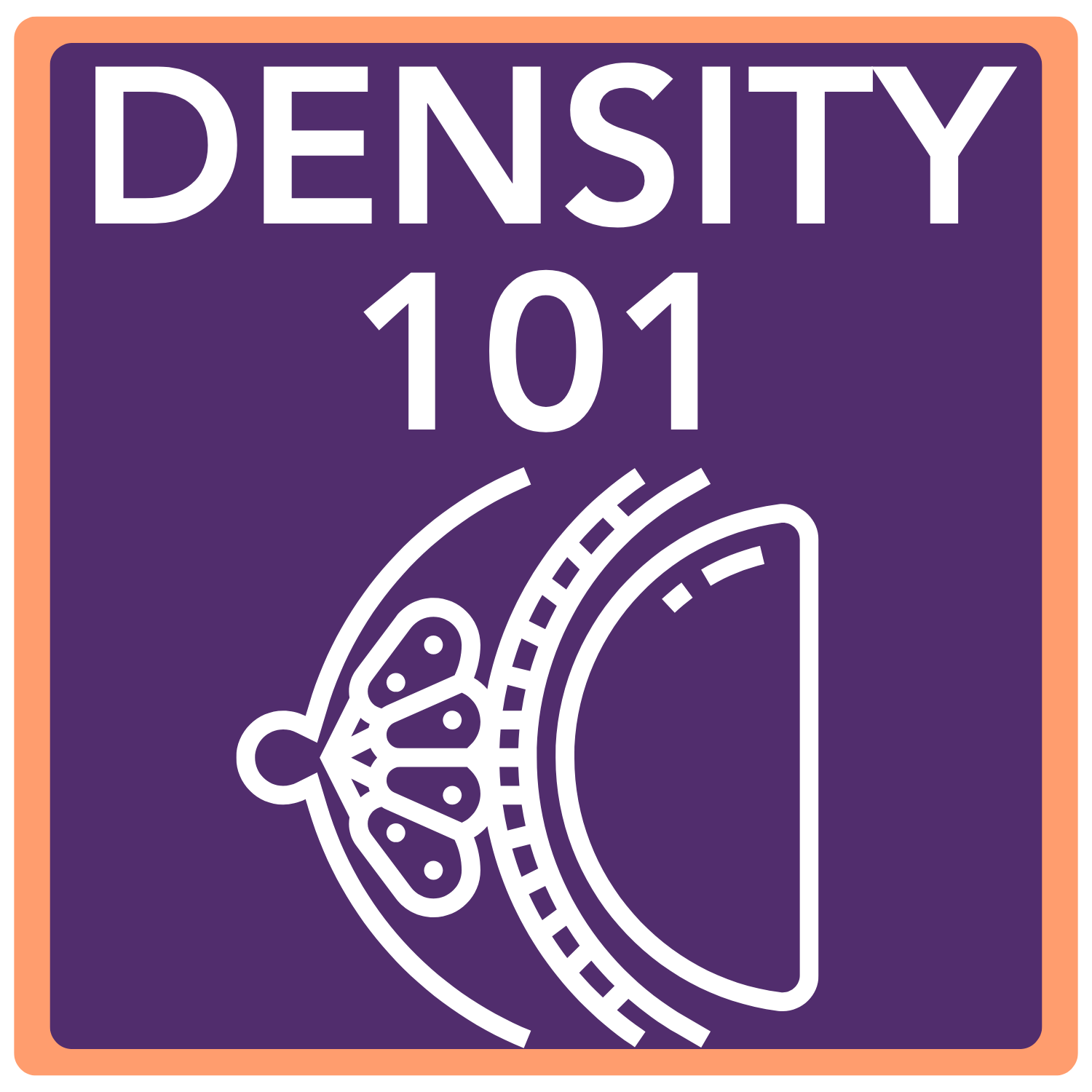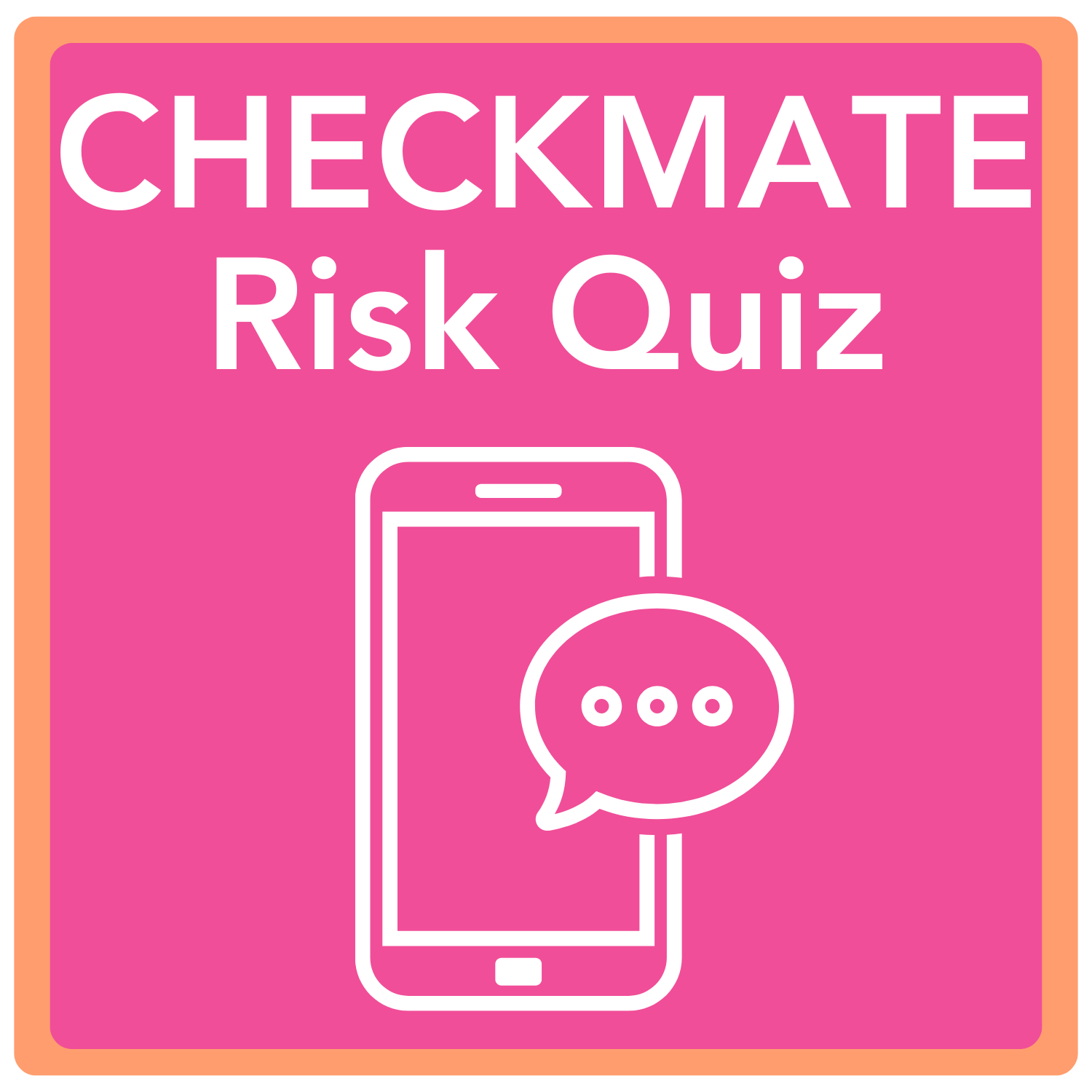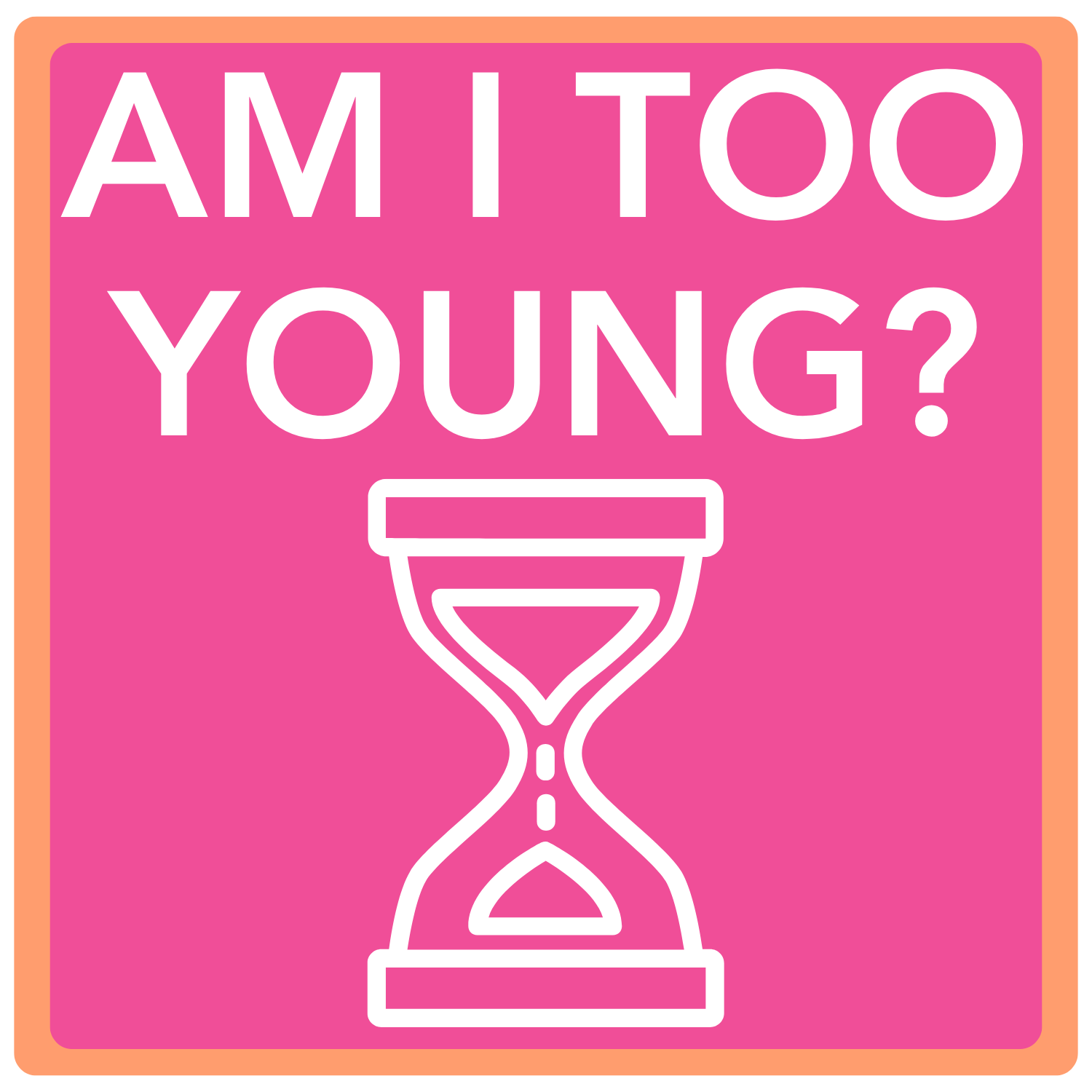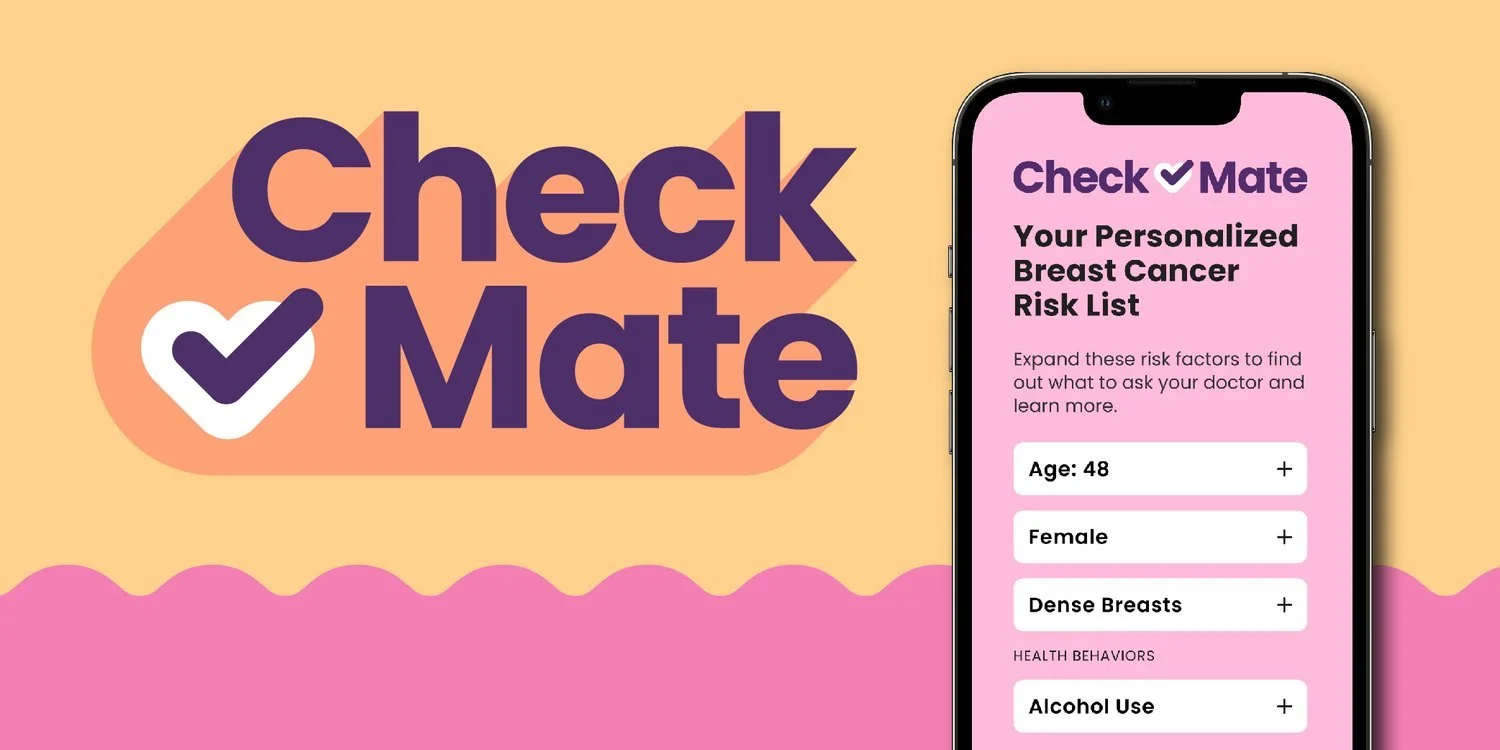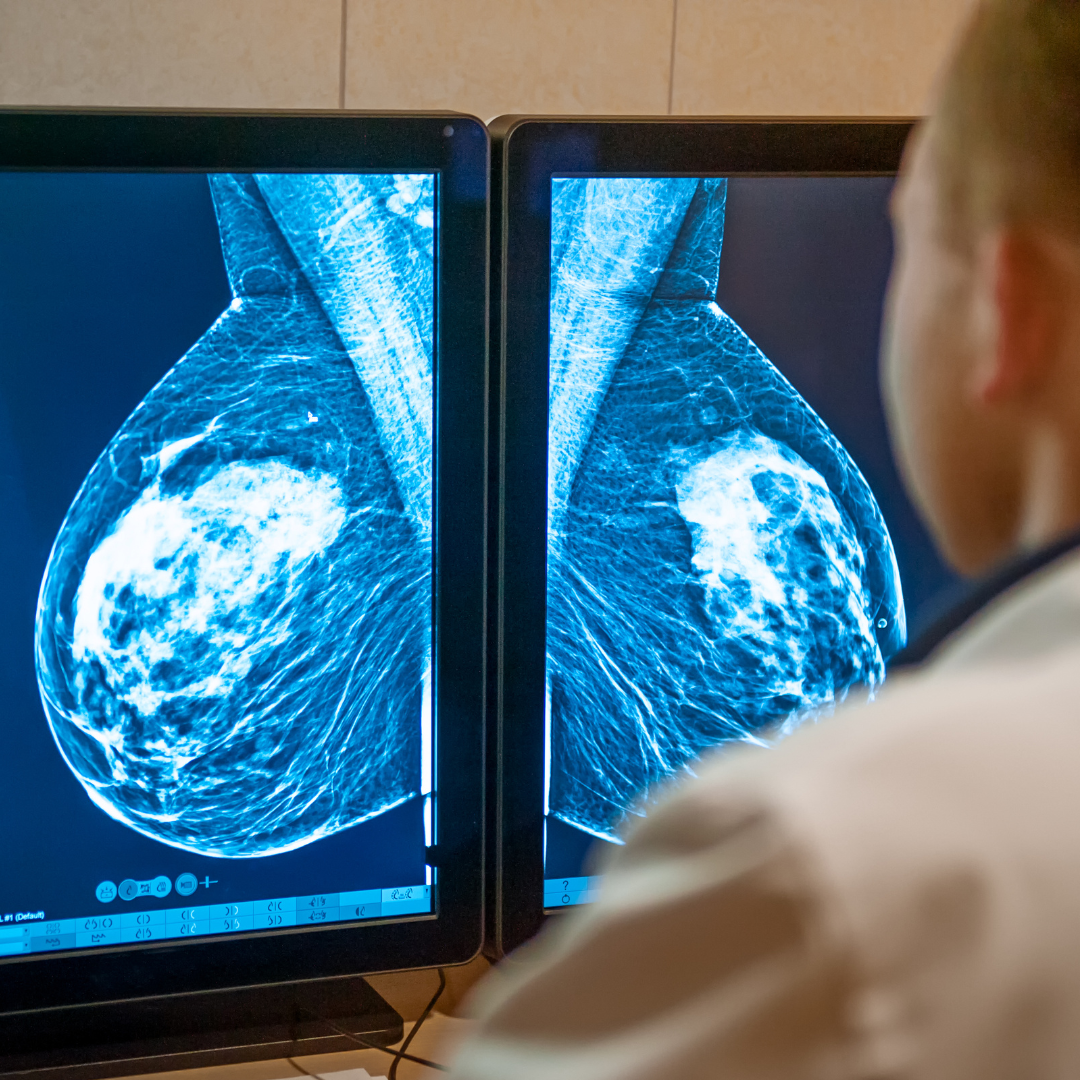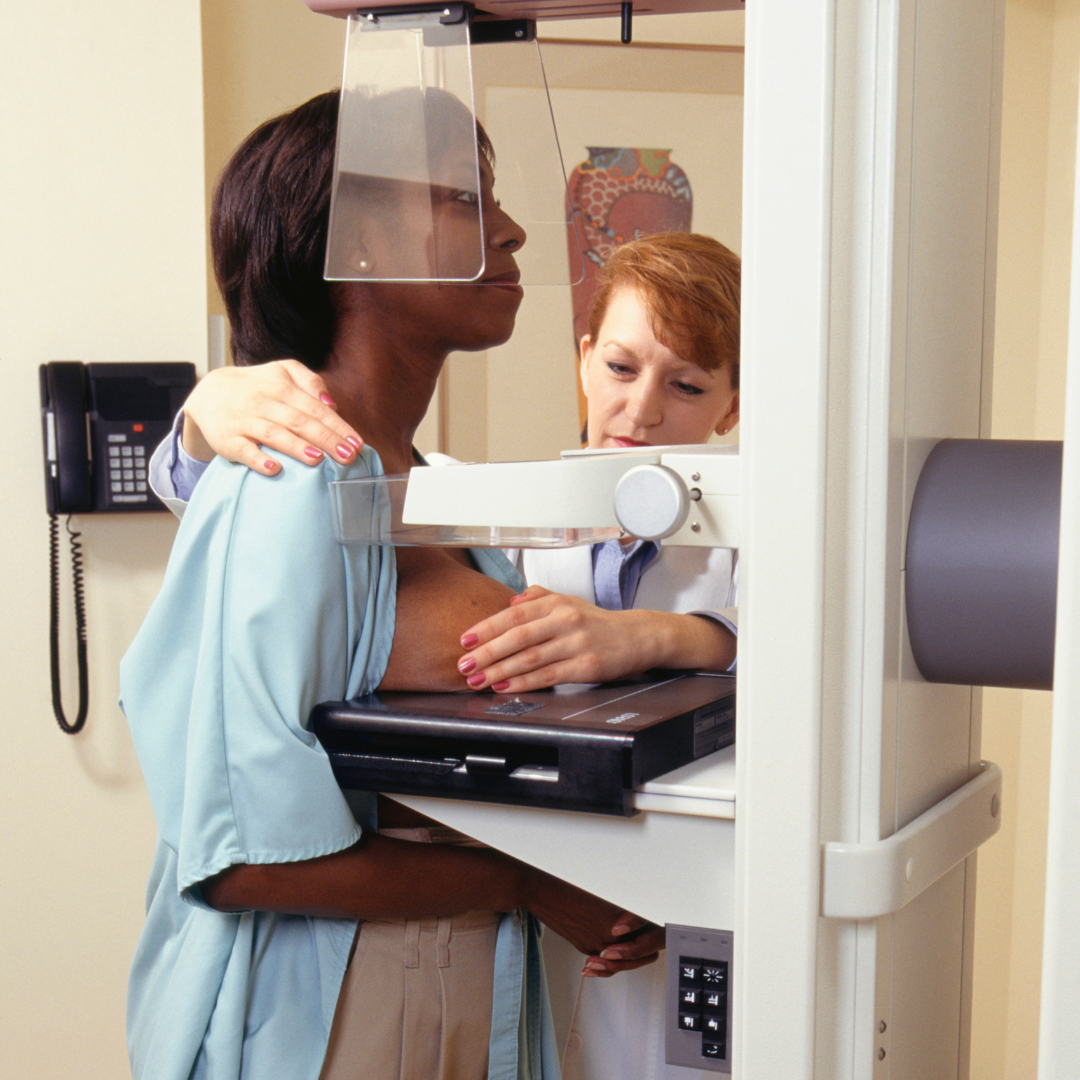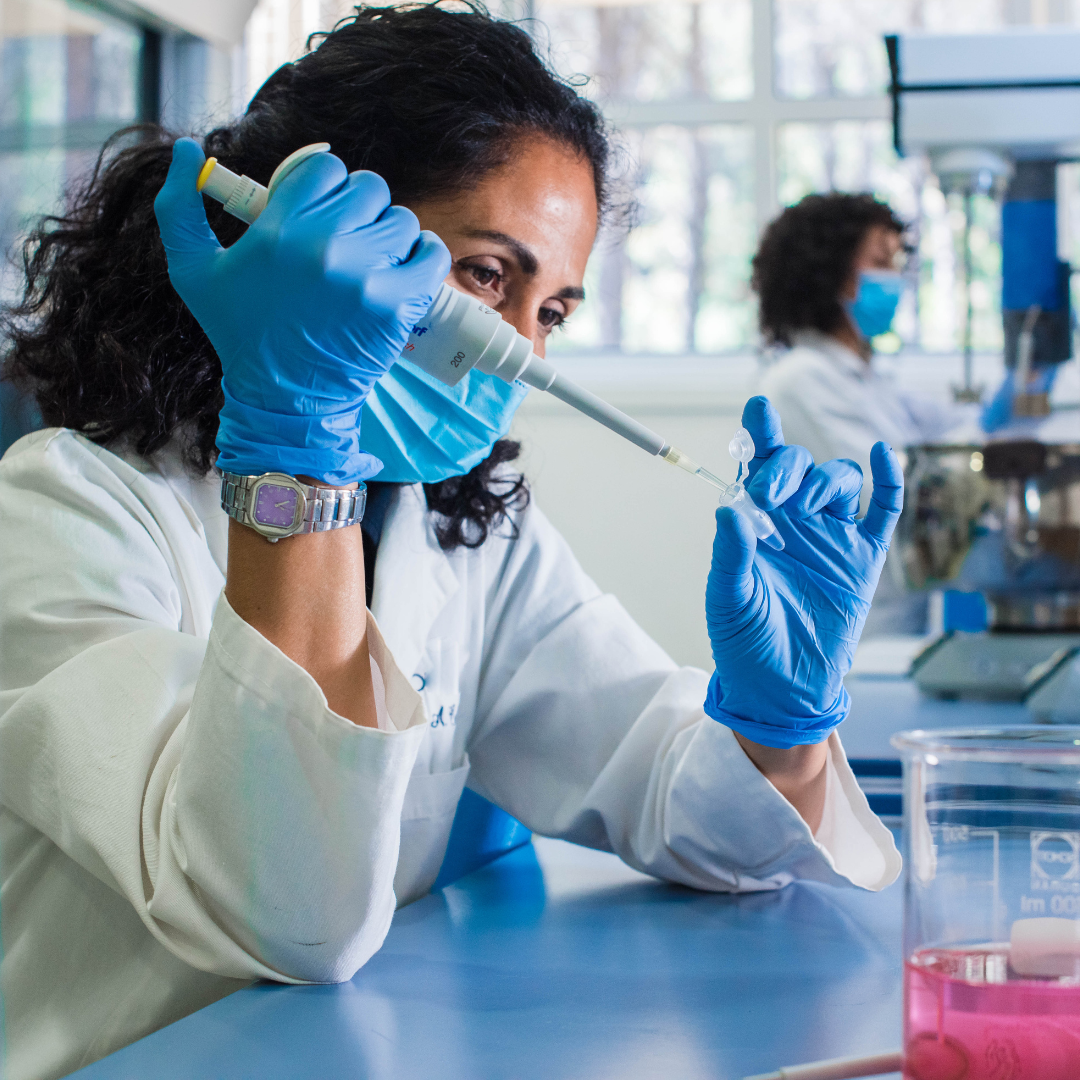
Breast Cancer
Early Detection
Resource Hub
Staying on top of your breast health can be the key to early detection. Check out our library of resources with the tools you need to detect early and push back on breast cancer.
Learn your own risk for breast cancer
Questions to ask your doctor
Signs you might need to screen at a younger age
How to do a breast self-exam
When it’s important to speak up and self-advocate
Take charge of your breast health by using this quick 3 minute quiz to understand your risk factors for breast cancer. Answer basic questions about your health and family history, and we’ll send you customized talking points to discuss with your healthcare provider.
Breast Density 101
About 50% of women over 40 have dense breasts. Dense tissue is the amount of fibrous vs. fatty tissue in the breast. Dense breasts increase your risk of breast cancer by 4-6x, and cancer is harder to spot on mammograms in dense tissue. Learn more about breast density and why it increases your chances of breast cancer.
-
Alrededor de la mitad de las mujeres mayores de 40 años tienen mamas densas. Las mamas densas aumentan el riesgo de cáncer de mama entre 4 y 6 veces, y el cáncer es más difícil de detectar en mamografías en tejido denso.
La densidad mamaria es la cantidad de tejido conjuntivo en comparación con el tejido adiposo en la mama.
Aprenda más sobre la densidad mamaria y por que aumenta su probabilidad de desarrollar el cáncer de mama.
Check Yourself!
An Easy Guide to Self-Exam
Did you know that you should be checking your breasts for any changes once a month? (#KnowYourNormal). Self-exams are an important part of early detection, but not everyone knows what to look for. Download this guide for a quick tutorial.
-
¿Sabes que deberías examinarte las mamas una vez al mes para detectar cualquier cambio? (#KnowYourNormal) Los autoexámenes son importantes para la detección temprana, pero no todos saben qué buscar. Descargue esta guía para obtener una explicación rápida.
Aprende cómo revisar tus senos
Breast Screening by Age
Women at average risk should begin annual mammograms at age 40. But not everyone is at equal risk -- some need to screen earlier based on their own risk factors for breast cancer. Check out this easy guide to learn how to take care of your breast health at every age.
-
Las mujeres con riesgo promedio deberían comenzar a hacerse mamografías anuales a los 40 años. Sin embargo, no todas tienen el mismo riesgo; algunas necesitan hacerse la prueba de detección antes, según sus propios factores de riesgo de cáncer de mama. Consulta esta guía sencilla para aprender cómo cuidar tu salud mamaria a cualquier edad.
Descubre cuándo cuidar tu salud mamaria
Am I Too Young?
Cancer diagnoses are on the rise for younger Americans, including breast cancer. Young-onset breast cancers (occurring under age 45) are often aggressive, harder-to-treat breast cancers, such as triple negative breast cancer. Learn about the causes and what you can do to protect your breast health, even at younger ages.
Mammograms 101
New to mammograms? This step-by-step guide walks you through what to expect before, during, and after your mammogram. Learn how to prepare, what the exam involves, when you’ll get your results, and why annual mammograms are key to early detection.
Genetics Q&A
In this expert Q&A, genetic counselor Elizabeth Stark breaks down the basics of inherited breast cancer risk, BRCA mutations, and when to consider genetic testing. Learn how knowing your family history—and your options—can help you take charge of your health and make informed choices about prevention.
Check out our clever, engaging breast health videos that are easily shareable and full of actionable content. Learn about risk factors, screening options, questions for your doctor, breast density and how younger women can take charge of their breast health.
Breast Health Videos
Did you know that dense breast tissue hides up to 50% of cancers on a mammogram? That means if you have dense breasts, your cancer could go undiagnosed. Learn more about dense breasts and other risk factors for breast cancer
Cancer is on the rise in younger people, and breast cancer is no exception. Learn simple steps to protect your breast health: know your risks, understand when to screen, and feel confident speaking up for yourself.
You and your doctor are a team: Team Your Health. And if your team is going to win, then you need to get in the game! Asking your doctor these breast cancer questions is a great way to start.
Detecting breast cancer early is key to better health outcomes, and it saves lives. Many women don’t know their risks, what tests are necessary, or how to speak up to get the care they deserve. This quick video explains it all!

